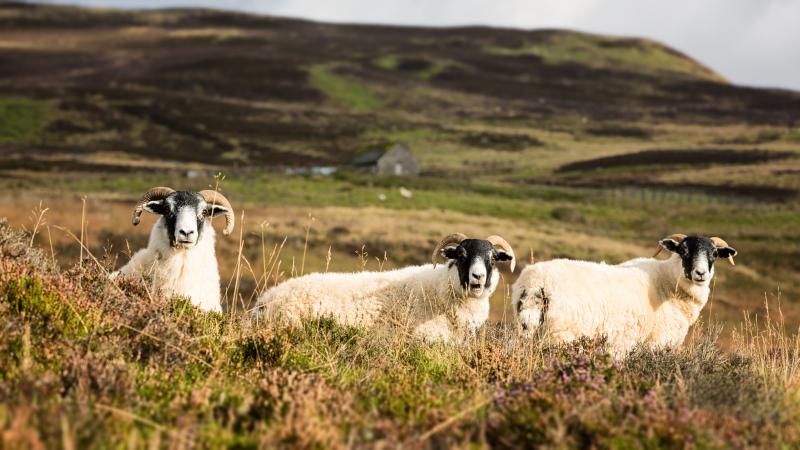
Policy makers have been urged to start spelling out the value of the 'public goods' produced by upland farmers or risk significant sector damage.
The NFU and a partnership of northern upland farmers and conservation bodies have appealed to the government in a new report.
It outlines the opportunities for upland farmers to produce “well managed and functioning ecosystems” at a time of environmental emergency.
The report, commissioned by the Northern Upland Chain Local Nature Partnership (NUCLNP) and part-funded by the NFU, endorses Defra’s plan to pay farmers to produce public goods.
This includes payment for enhancing the local landscape, wildlife habitats, clean rivers and good access to the countryside.
The report calls it an “an opportunity to develop new economic models to underpin upland farming”.
It does, however, warn that without concerted action, the opportunities will be lost, risking “potentially detrimental farm system changes such as abandonment or intensification”.
NUCLNP board member and Teesdale farmer, Richard Betton, said upland farmers are able to produce 'loads' of public goods.
But he warned that if the model goes wrong post-Brexit, many in the sector would 'struggle to stay afloat'.
“What we urgently need to agree now is how much these public goods are worth, so farmers can start to plan for the future,” he said.
“If the transition out of the Common Agricultural Policy and into ‘public money for public goods’ goes wrong, upland farmers will struggle to stay afloat.
“But if we get it right, upland farmers will be in a better position than they are in now.
“We can produce a great deal for the nation – quality food and a quality environment – but the public, via the policymakers and politicians, must be prepared to pay a decent price.
“Sufficient value must be put on the public goods produced by high nature farmers in the uplands.”
The report highlights the considerable benefits already delivered by hill farmers and the potential for them to help tackle some of big challenges facing the nation.
NFU North East Regional Director, Adam Bedford, welcomed its publication. He said: “This report is timely, given the amount of work going on to scope out and evaluate how the government will deliver its ‘public money for public good’ policies.
“Harnessing their wealth of knowledge and practical skills will be vital in developing and delivering future land management policies, but there is also the recognition that a new system for recognising and rewarding farmers for the environmental work they do will be essential.
“That is certainly true if we want to see our upland areas thrive in the future and attract the next generation of farmers.”
The Northern Upland Chain runs along the Pennines from the southern tip of Nidderdale to the Scottish border.
